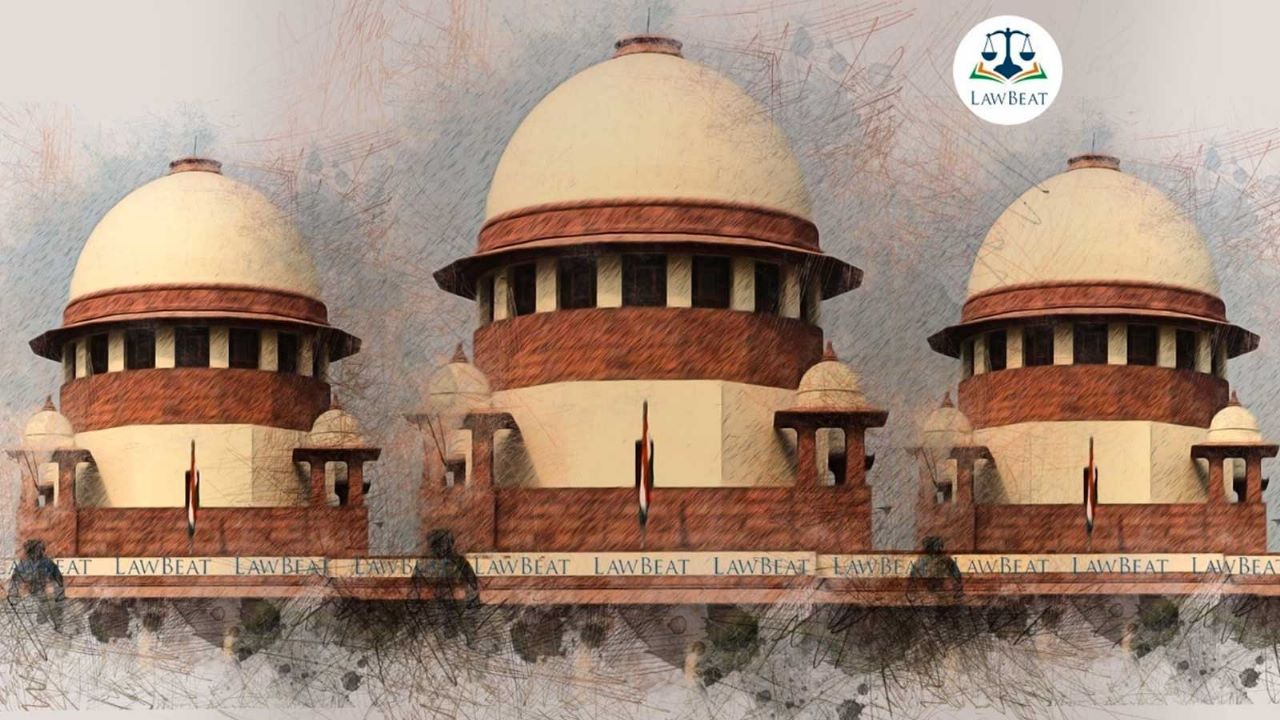Civil wrongs can't be subject matter of criminal proceedings: SC

X
As per the top court, the High Court acted illegally in not exercising its inherent powers saved by Section 482 CrPC and in not acceding to the prayer for quashing the FIR and the subsequent proceedings
The Supreme Court has said time and again, this court has ruled that civil wrongs cannot be the subject matter of criminal wrongs, as it quashed an FIR related to the offences cheating and threat to kill lodged against a man over a breach of agreement to execute sale deed of a property even after payment of Rs 1.05 Cr.
A bench of Justices Dipankar Datta and Sandeep Mehta thus allowed an appeal filed by Dhruv Ashokbhai Jagani against the Gujarat High Court's single judge bench order of July 9, 2024 which declined to quash the FIR lodged under Section 420 and 506(2) IPC.
After going through the facts, the bench said, "We are of the considered opinion that the High Court acted illegally in not exercising its inherent powers saved by Section 482, Cr PC and in not acceding to the prayer for quashing the FIR and the subsequent proceedings".
The complainant had entered into an agreement to sale with the appellant for an immovable property and paid Rs 65 lakh. Subsequently, he paid Rs 40 lakh to him. However, it was disclosed immovable property was a mortgaged property and that the secured creditor had initiated proceedings under the SARFAESI Act in its respect.
It was also alleged in the FIR that the appellant cheated the complainant by hiding the fact that the property was encumbered and threatened to kill him on seeking refund of money.
The complainant also instituted a civil suit for recovery of Rs 1.05 Cr and that such suit is pending. It was disclosed that the appellant has since been dispossessed from the said immovable property by the secured creditor and it has been sold in public auction to a third party.
The court noted the clause in the agreement for sale, wherein the complainant himself is described as the first party/purchaser, which demolished the pointed allegation in the FIR that the appellant hid from the complainant the fact of the said immovable property being.a mortgaged property.
"The complainant was fully aware of the status of the said immovable property, yet, he took the risk of.entering into a sale agreement with the appellant. Having known about the status, it was too late in the day for the complainant to allege that the appellant had withheld from the complainant the factum of mortgage. The circumstance of deception from inception is, thus, absent," the bench said.
The court opined the complainant’s remedy in law is to institute a suit for specific performance or in the alternative for return of the money paid as advance, as well as for recovery of the money lent.
"Wise counsel has since prevailed on him. A civil suit has been instituted by him, which is pending before the civil court. Carriage of civil proceedings to its logical conclusion is a duty that the law burdens the suitor with. He would, therefore, be at liberty to pursue the civil litigation he has initiated," the bench said.
The court felt it would be an abuse of process on facts and in the circumstances to allow the proceedings arising from the FIR to continue. With regard to allegation of threat to kill, the bench said, the offence under Section 506, IPC is non-cognizable.
"Since the primary allegation relating to offence under Section 420, IPC is not made out, we see no reason to keep the pot boiling; more so, in the absence of any whisper as to when, how and where such threat was given. Having regard to the manner of description of the incident giving rise to the offence, as alleged by the complainant, the proceedings ought to be put to rest," the bench said.
The court thus allowed the appeal and clarified that the civil suit would be decided on its own merits without being influenced by observations made in this judgment.
Next Story
